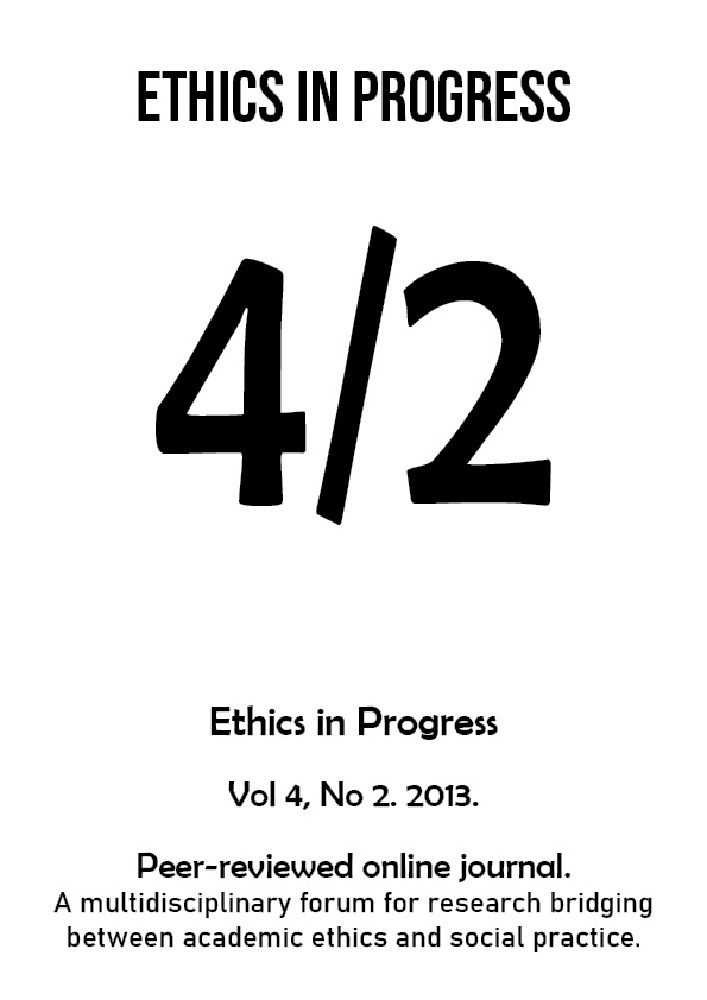Abstract
The goal of my paper is to consider how one chooses one’s own action. First, I will try to understand how both his past and his environment can condition someone's action. According to Sartre, we can act without being determined by our past which is always separated from us. It will be important to understand how such a process is possible. Is man completely free to act? Then I will raise the question of our reasons for acting in order to show that reasons do not pre-exist in the world. Motives are always motives for an agent who gives them meaning. They never condition the action completely. By his project, the agent reveals some reasons to act and these reasons have a value only in relation to the project adopted by the agent. Therefore, we can say that everyone is condemned to be free.References
Husserl, E. 2011. Idée directrices pour une phénoménologie (Ideen I).Trans. P. Ricœur. Paris: Gallimard.
Kant, I. 2006. Critique de la raison pure. Trans. A. Renaut. Paris: Flammarion.
Sartre, J.-P. 2011. L'être et le néant. Paris: Gallimard.
Sartre, J.-P. 2003. “Une ide e fondamentale de la phe nome nologie de Husserl : L'intentionnalite . Situations I”. In: Sartre, J.-P. La Transcendance de l'Ego et autres textes phénoménologiques. Paris: Vrin




